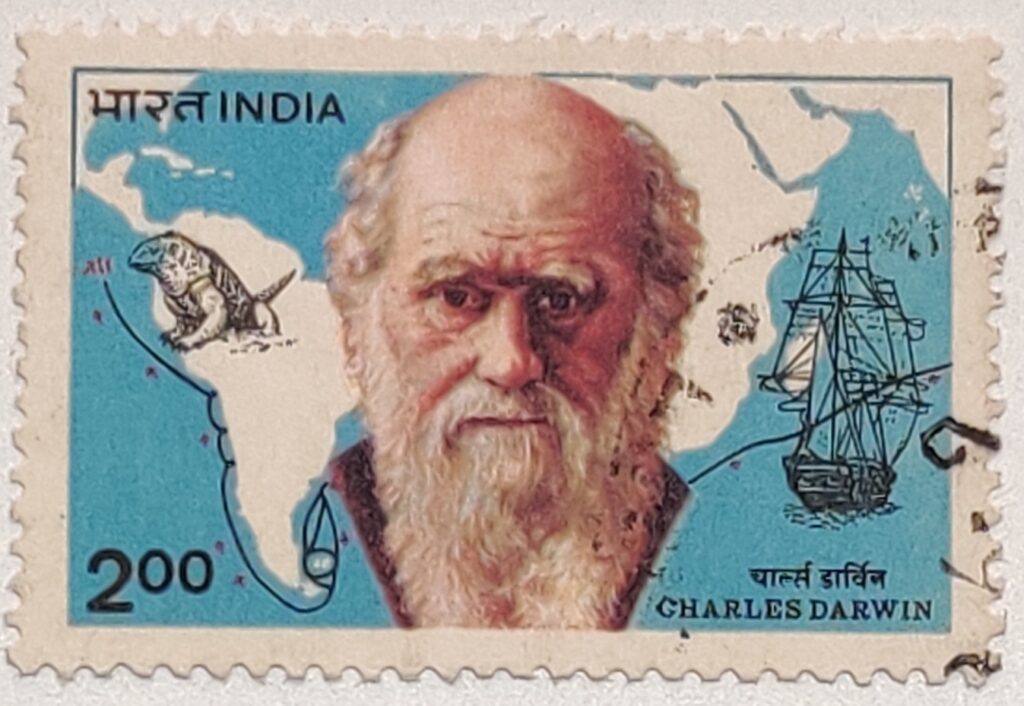
A black box is a whimsical term used in science to describe something whose inner workings are mysterious, either because they cannot be seen or because they’re just incomprehensible.
Charles Darwin’s black box was the cell. In his day, this basic unit of life (nothing can be alive without being or having a cell) was a simple blob of undefined gel — they couldn’t see into it. But modern science has allowed us to look into the black box of a cell, and what’s been found is anything but simple.
Bacteria are one of the one-celled organisms we have been able to see into. Many bacteria propel themselves with a type of miniature motor called a flagellum.
Biochemist Michael Behe, Ph.D., of Lehigh University says these bacterial flagellum are remarkably similar to a modern electric motor. They have a filament that acts as a propeller, a universal joint, a stator, a rotor, and a drive shaft with bushings.
These motors rotate up to 1,00,000 times a minute. And because bacteria can start, stop and change directions and speeds, they must have sophisticated sensors, switches, and control mechanisms.
All of this complexity in the motor of one-celled bacteria. And all of it highly miniaturised: 8 million of these motors would fit in the width of a human hair.
What kind of wisdom and power must the Creator have to arrange and operate such intricate biological machines on such a small scale!
(Behe says there’s something else remarkable about these bacterial flagellum: they are irreducibly complex. Which means they could not have developed gradually, part by part, because without all of their parts in place they wouldn’t be able to function (they would die).
Charles Darwin had said in Origin of Species: “If it could be demonstrated that any complex organ existed which could not possibly have been formed by numerous, successive, slight modifications, my theory would absolutely break down.”
[Charles Darwin, Origin of Species, 6th ed. (New York: New York University Press, 1988, p. 154.]
In other words, if any “complex organ” could be found that could not have developed gradually, his theory would break down. Bacterial flagellum are just one of the irreducibly complex life forms modern science has found.
Reference: Michael J. Behe, Darwin’s Black Box (Free Press, 2006).
From: http://www.illustrationsforsermons.com/
